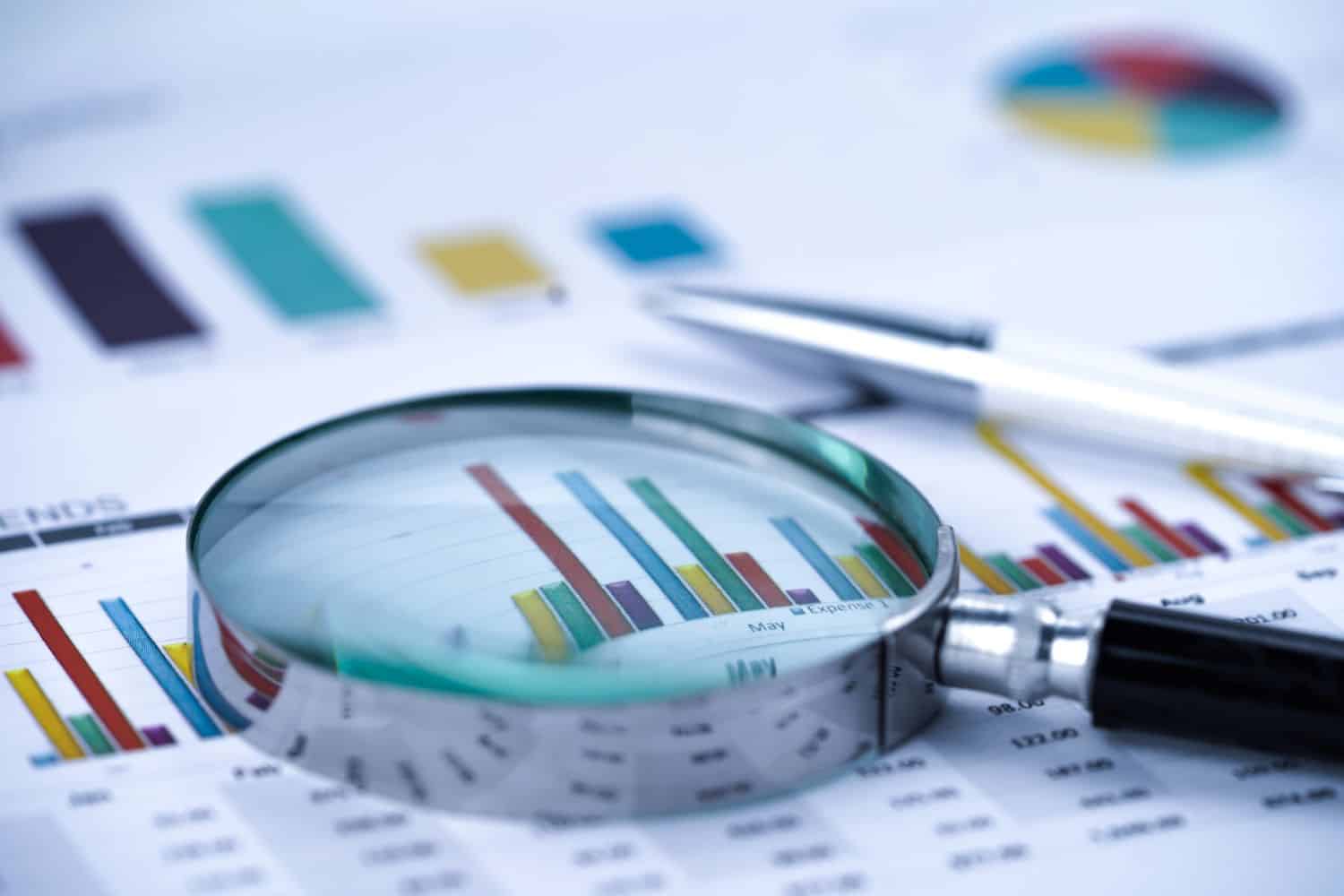Economic activity increased for a third month in July, showing the resilience of South Africa’s economy despite the risks.

Economic activity in South Africa is slowly improving although economic pressure, specifically the US tariffs, persists, weighing on business confidence and investor sentiment.
According to the BankservAfrica Economic Transactions Index (BETI), which tracks the value of all electronic transactions cleared through BankservAfrica at seasonally adjusted real prices, South Africa’s underlying economic resilience continues to be reflected amid prevailing risks and financial strain.
“The BETI increased for the third consecutive month to reach an index level of 139.3 in July 2025, which was 0.2% up on June’s level,” Shergeran Naidoo, BankservAfrica’s head of stakeholder engagements, says.
The BETI is also up 1.9% year-on-year, signalling that the second quarter uptick in economic activity is extending into the third quarter, although the momentum is slightly moderated, Elize Kruger, an independent economist, says.
“The economy continues to demonstrate resilience, although significant challenges and risks persist. In particular, uncertainty around the impact of US import tariffs on South Africa as well as the global economy, weighs on business confidence and investment sentiment, posing a potential downside risk to growth forecasts.
ALSO READ: Does stronger economic activity indicate improved GDP?
Corporate excellence and diversity in economy
“While several other economies secured more favourable US import tariffs than initially announced, South Africa’s non-commodity exports remain subject to a 30% tariff from 8 August while negotiations appear to be continuing.”
Despite the ongoing challenges and uncertainties, Kruger points out that the economy’s resilience, as reflected in the improved BETI over the past three months, is testament to corporate excellence, diversity in the economy and the power of tailwinds currently at play.
“Management teams in corporate South Africa have stood the test of times, steering companies through the troubled waters of political transition, crisis periods like Covid and operating in an environment crippled by load shedding.
“There is no doubt South African companies will rise to the challenge posed by higher US tariffs, working to mitigate the impact through strategic adjustments, supported by government initiatives — even as negotiations continue.”
ALSO READ: Economic activity picked up for the first time in 8 months in May
Structural tailwinds will protect economic activity
She says local structural tailwinds continue to cushion the economy against global pressures. Inflation remains well-contained, with headline inflation at 3% in June, the bottom of the South African Reserve Bank’s (Sarb) 3–6% target band, with the 2025 average forecast tracking at around 3.5%.
“The favourable inflation environment created scope for the Sarb to cut interest rates at its last Monetary Policy Committee (MPC) meeting, alleviating some pressure on households and corporates.
“In addition, another perk of the low inflation environment is the key role it plays in supporting the recovery of salary earners’ buying power. With average salary increases expected to be between 5% and 6%, 2025 will be the second consecutive year of real increases in salaries, which should support consumer spending.”
Kruger also points out that the real GDP growth forecast for 2025 stabilised at around 1.0% compared to 0.6% in 2024. However, she says, this growth rate remains below population growth, highlighting ongoing pressure for South Africans.
ALSO READ: Economic activity slows in April as economy struggles
Data on economic activity also looks good
The number of transactions cleared through BankservAfrica reached an all-time high of 177.5 million in July, according to Naidoo, surpassing the previous record high of 176.3 million registered in May 2025, up by 8.9% on a year ago.
The standardised nominal value of transactions moderated slightly to R1.338 trillion in July compared to R1.361 trillion in June 2025. All electronic payment streams recorded higher value for transactions during July, except DebiCheck.
All other timeous economic indicators posted stronger readings in July, Naidoo points out. Naamsa revealed that the strong performance of the vehicle sales market continued robustly in July 2025. Total vehicle sales showed an improvement of 15.6% in July, with year-to-date sales up by 13.9%, while new car sales in July grew by a notable 20.1% and year-to-date were a notable 21.1% ahead.
The S&P Global South Africa Purchasing Managers’ Index (PMI) remained in expansionary territory with an index level of 50.3 in July, slightly up on the 50.1 in June. Encouragingly, Naidoo says, after eighth consecutive months in contractionary territory, the seasonally adjusted Absa Purchasing Managers’ Index, a reflection of the prospects in the manufacturing sector, also increased to 50.8 index points in July compared to 48.5 in June, the first expansion signal since October 2024.
“The improvement in economic activity during July appears to have been broad-based, with gains observed across multiple sectors. This is a positive signal for underlying economic momentum and resilience,” Kruger says.
Support Local Journalism
Add The Citizen as a Preferred Source on Google and follow us on Google News to see more of our trusted reporting in Google News and Top Stories.






